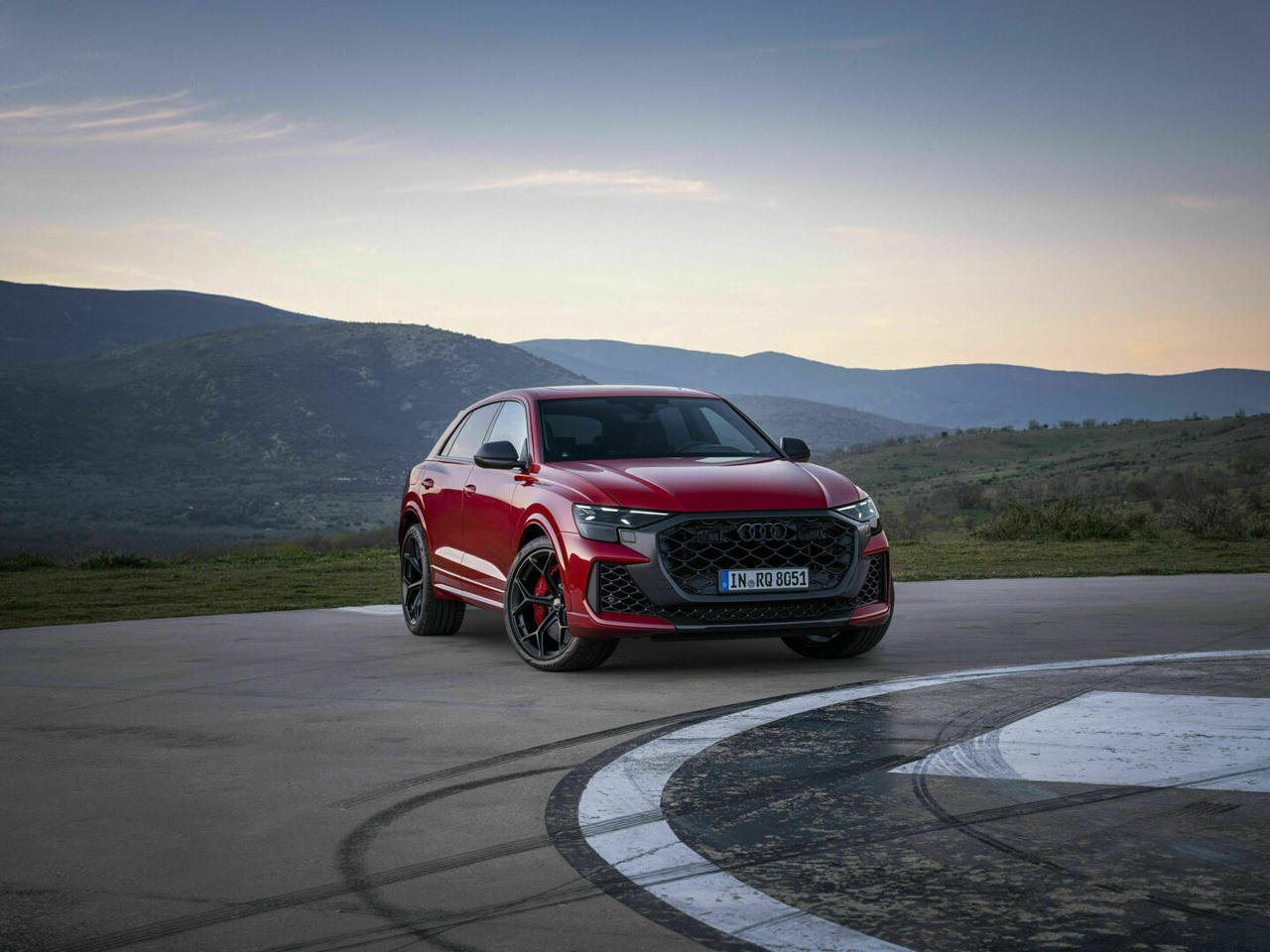To mere mortals 2026 may seem a long way away, but when it comes to developing a competitive power unit for the highest ranks of world motorsport, it’s a tight schedule that will test even Audi Sport.
31 August, 2022
It’s not the first time Audi Sport has found itself with a seemingly impossible deadline in motorsport, so the idea of developing a new hybrid drive for the brand’s Formula 1 debut in 2026 is not as daunting as it may first have appeared.
Just over a year before this year’s Dakar Rally, Audi announced its intention to take on the famed off-road rally for the first time. What made this announcement all the more significant was the brand’s intention to compete with a hybrid vehicle – something that had not been done in the race in the past.
With extremes of temperatures and of course conditions, the demands on even a conventional powerplant are significant, so the challenge increased by a significant magnitude with the idea of taking electric drive to the desert.
The result of course was the Audi RS Q e-tron and not only was it ready in time, it had a hugely successful debut and left no one in any doubt that Audi Sport was deadly serious.
Likewise the brand’s assault on Formula 1 will be a no compromise affair with Audi developing its own power unit independent of sister brand Porsche which is also expected to enter Formula 1 in the future.
Speaking at the Audi Formula 1 announcement, Audi CEO Markus Deusmann said of the decision:
“You can imagine there was a huge discussion,” he said. “But we decided, as both our brands have a lot of fans and both our brands have their special character, to keep it completely separate and do two operations.
“We had several reasons [for that]. We will have different teams, and the powertrain has to be designed especially for the chassis. That is why we decided to split it, because we will have completely different chassis and completely different powertrains.”
As far as the deadline is concerned, that is something that Audi will take in its stride according to Oliver Hoffmann, head of Audi technical development:
“To meet the timetable, the integration work of the electrified side on the powertrain, together with the chassis, it costs time to make it in two cars. So it’s completely different operations, and the integration work, we will do by ourselves.”
“it is really a big challenge to get this work done [by] 2026. We were able to run the Dakar, and to develop the Dakar car, which is also a very complex drivetrain, in less than one year. And I think we will be able to develop this powertrain also by 2026.”
Subscribe
Want to ensure you always receive the latest news and features from Audi? Subscribe now to the Audi Magazine newsletter.
Audi Australia will collect, record and use your personal information for the purpose(s) of sending you the requested newsletter. You are not required to provide your personal information, however, if you choose not to provide us with your personal information, we may not be able to fulfil the purpose(s) described above. We will keep your personal information for only as long as is necessary to carry out the purpose(s) described above (unless we are required or permitted by law to hold the information for a longer period). We may disclose your personal information to our service providers and to our dealership network in Australia. We may also disclose your personal information to our related parties based in Australia and to our overseas service providers. We may, unless you have opted out, use your personal information to market our products and services to you, to improve our products and services and to invite you to events. We will act in accordance with our privacy policy which is available at http://www.audi.com.au/privacypolicy. If you would like to know more about our privacy policy and procedures and the management of your personal information, or if you would like to access or update your personal information, please contact our customer assistance team, T +1800 50 AUDI (2834), E customerassistance@audi-info.com.au
